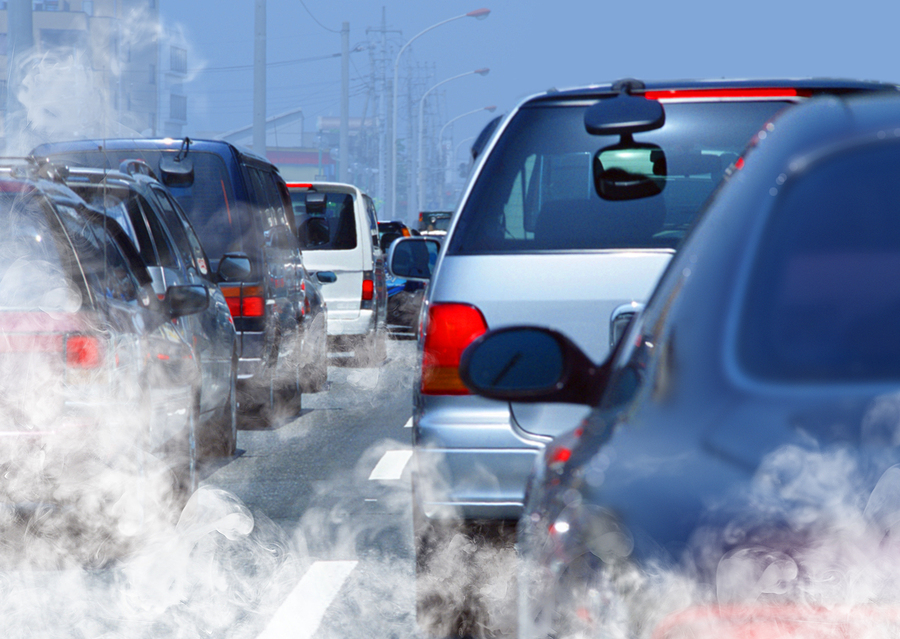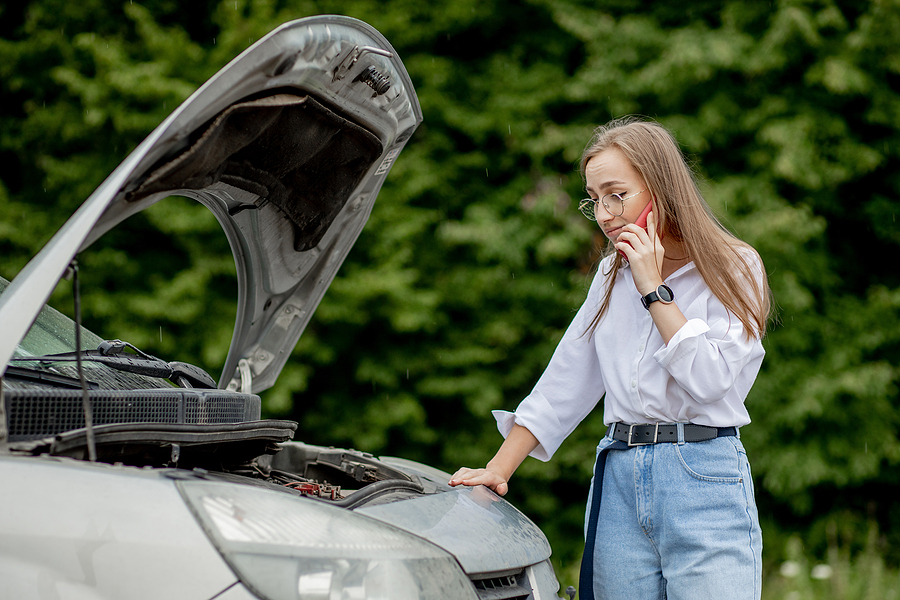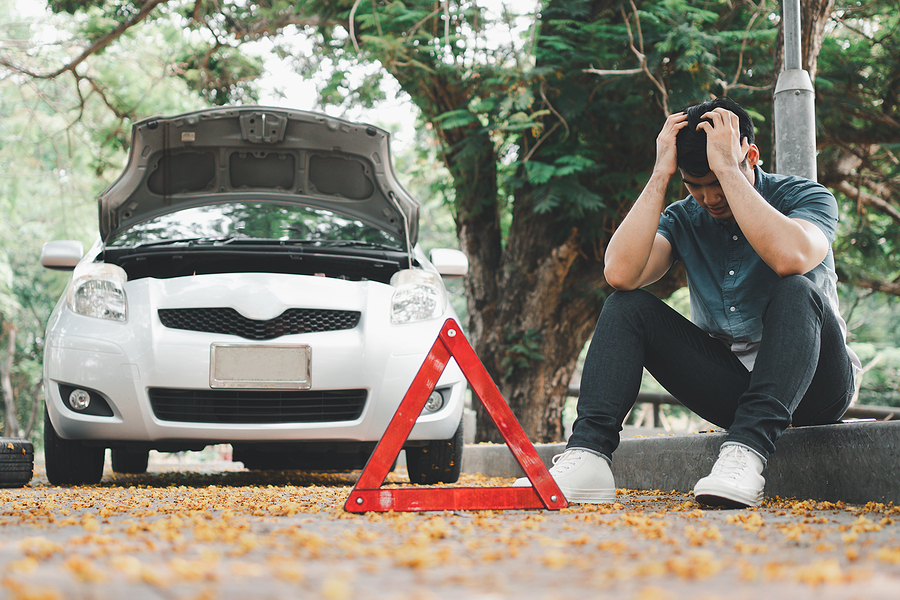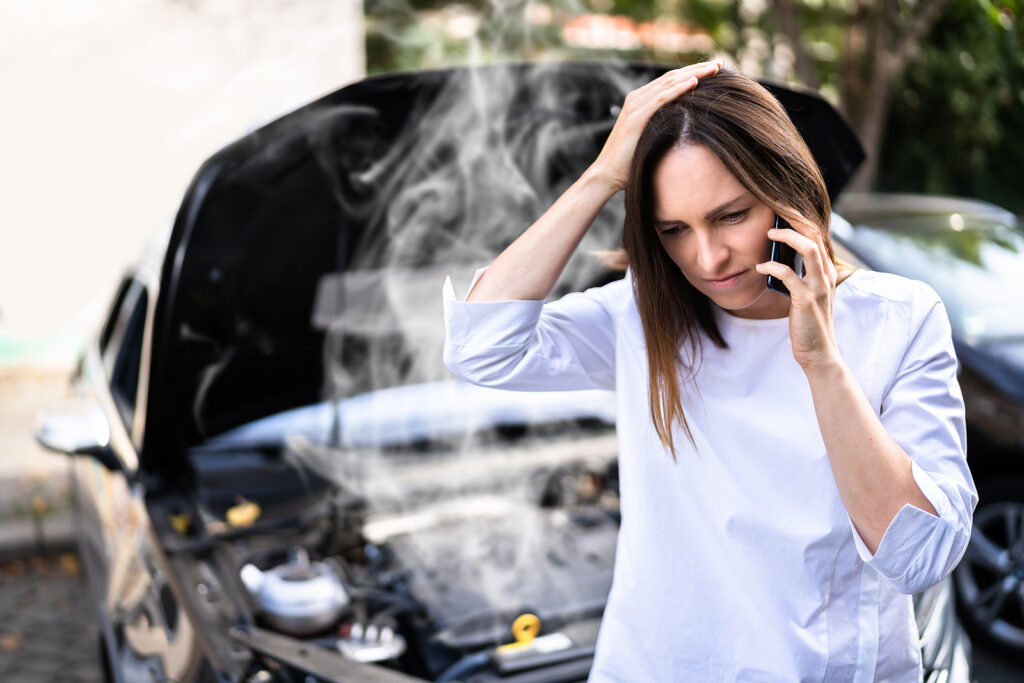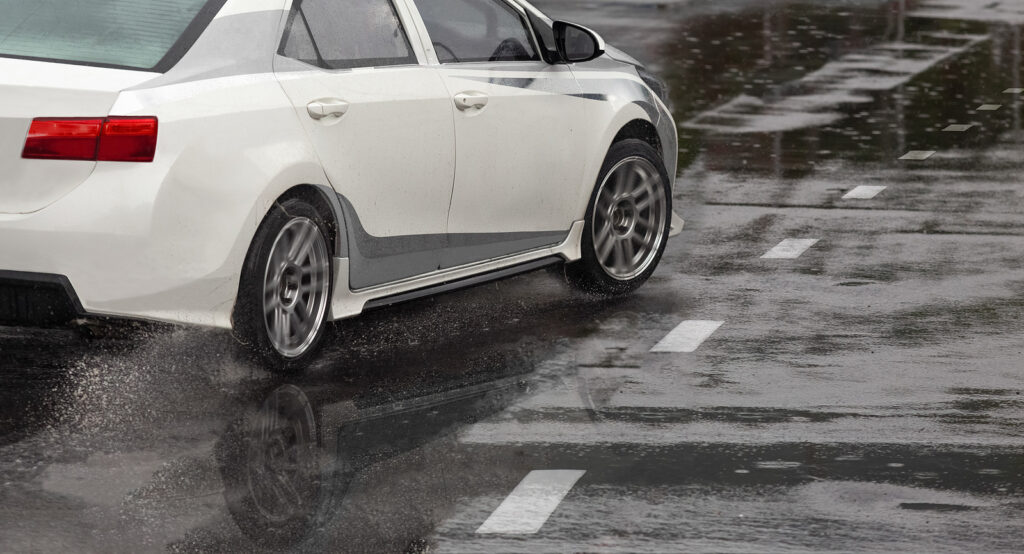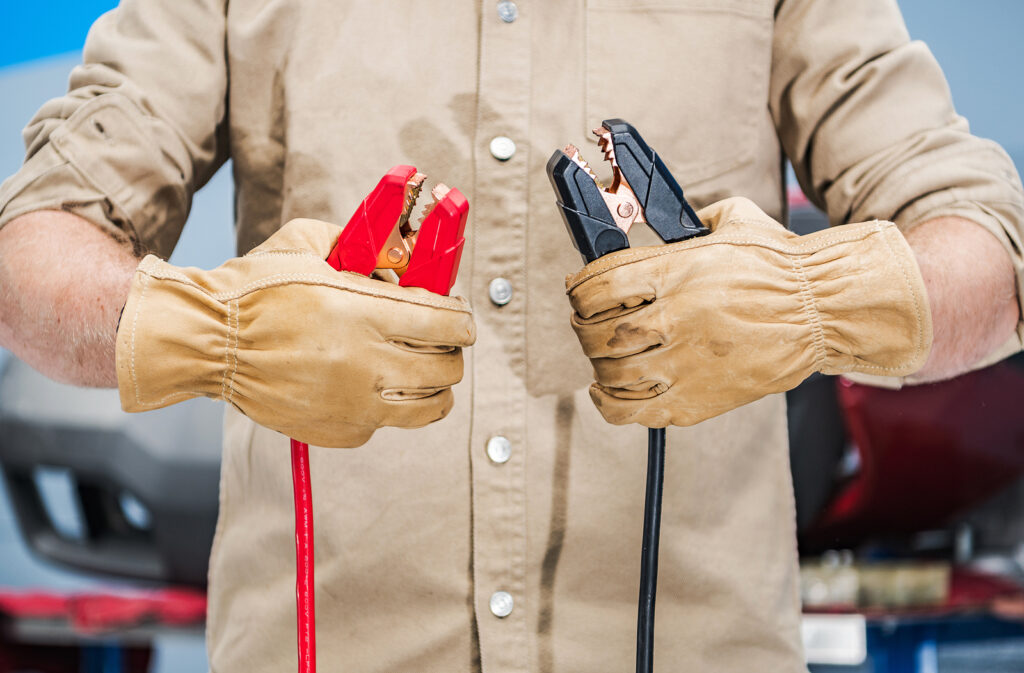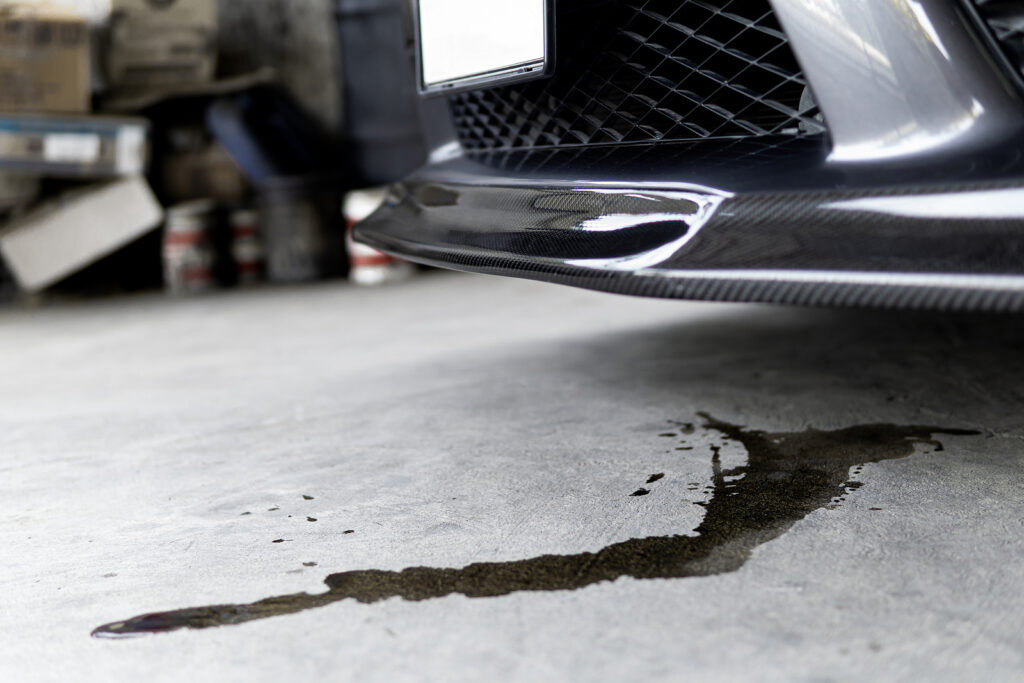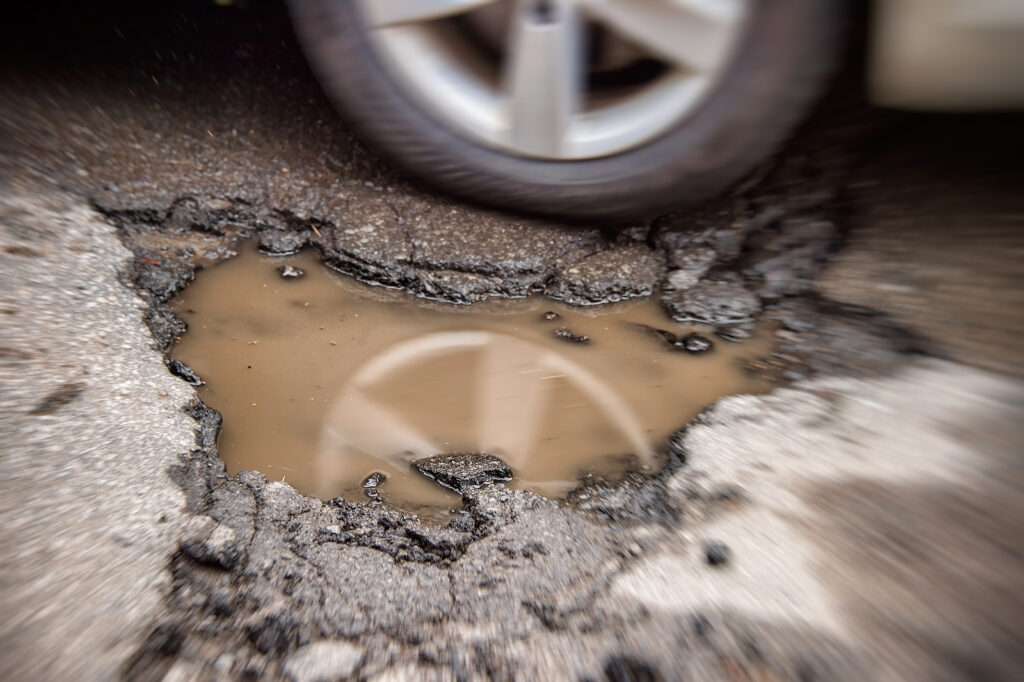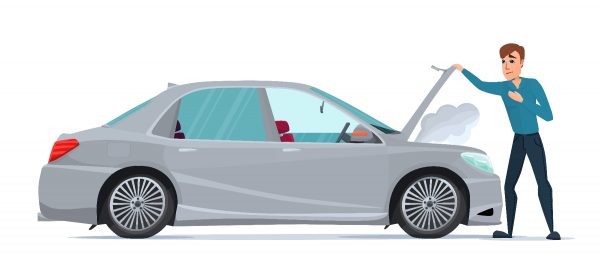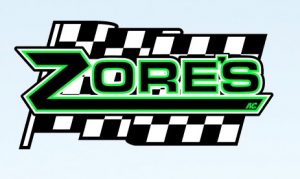It’s important to know what to do after a car accident. Whether it’s a minor fender bender or a major collision, there are steps you need to take to ensure everyone’s safety and to protect your interests. Continue to scroll down for advice on the car accident process.
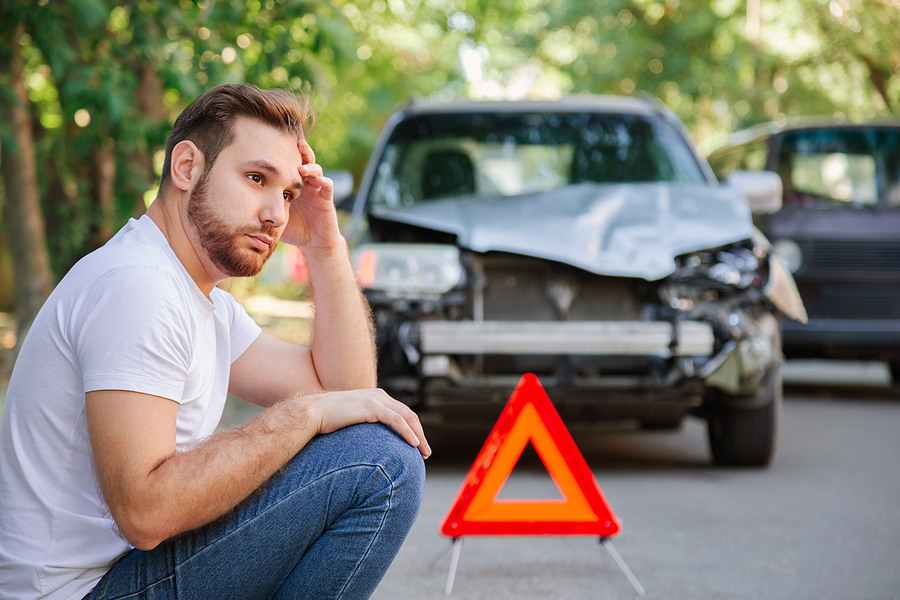
Steps to Take if You Just Wrecked Your Car
If you were just involved in a car accident, whether your fault or not, these are the steps you should take starting right now:
1. Check for Injuries. If anyone is injured, call 911 immediately. Don’t try to move an injured person unless they are in immediate danger.
2. Take Pictures. Use your phone or a camera to take photos of the damage to both vehicles, as well as the scene of the accident. This will be helpful when making an insurance claim.
3. Move to a Safe Location. If the accident has left your car in a dangerous spot, try to move it to the side of the road or a nearby parking lot. Turn on your hazard lights to warn other drivers. If your car is no longer drivable, leave it be until the authorities arrive, which is the next step.
4. Call the Police. Even if there doesn’t seem to be much damage, it’s important to have a police report on file. The other driver may not be honest about what happened, and you’ll want documentation if there are any problems later.
5. Exchange Information. Get the other driver’s name, address, phone number, insurance company and policy number. If there are witnesses, get their names and contact information as well.
6. Call a Tow Truck. Contact a local and trusted Indianapolis towing company for 24 hour tow truck service. They can transport your car to your house or to an auto repair shop of your choosing.
7. Contact Your Insurance Company. Let them know what happened and that you’ll be filing a claim. They will likely have you fill out some paperwork and may send an adjuster to inspect the damage.
8. Get Repairs. Once your insurance company approves the repairs, take your car to a reputable mechanic. Get multiple estimates if possible, and don’t let the insurance company pressure you into using their preferred shop.
9. Follow Up. Stay in touch with your insurance company and make sure the claims process is moving along. If there are any delays, call and ask what the holdup is.
By following these steps, you can help ensure that everyone is safe and that you’re taking care of business after a car accident.
Car Accident Towing Services in Indianapolis
If you are in a car accident, a professional Indianapolis towing service can be a huge help. They can tow your car to the nearest mechanical garage, which can save you a lot of time and hassle. They can also help you get your car back on the road as quickly as possible.
Do you need a fast and affordable tow truck at the scene of your car accident? Contact Zore’s Indy at 317-247-8484 for 24 hour Indianapolis towing services you can trust. We operate throughout all of Central Indiana, offering full-service tow truck and roadside assistance solutions, around the clock.
Related Posts:
Towing Options for Transporting a Broke Down Car
Safe Driving Tips to Prevent Hydroplaning
How to Get Pulled Out of a Ditch in Indianapolis

